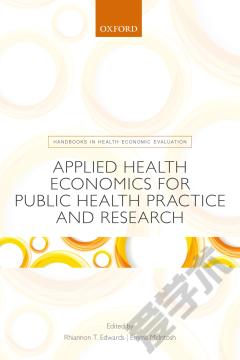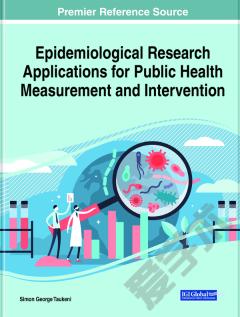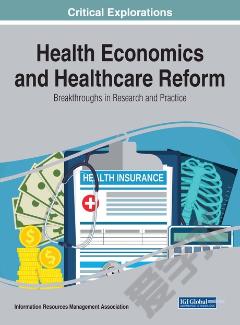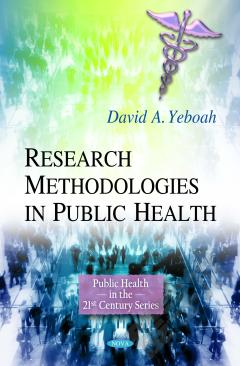Applied Health Economics for Public Health Practice and Research
In today's world of scare resources, determining the optimal allocation of funds to preventive health care interventions (PHIs) is a challenge. The upfront investments needed must be viewed as long term projects, the benefits of which we will experience in the future. The long term positive change to PHIs from economic investment can be seen across multiple sectors such as health care, education, employment and beyond. Applied Health Economics for Public Health Practice and Research is the fifth in the series of Handbooks in Health Economic Evaluation. It presents new research on health economics methodology and application to the evaluation of public health interventions. Looking at traditional as well as novel methods of economic evaluation, the book covers the history of economics of public health and the economic rationale for government investment in prevention. In addition, it looks at principles of health economics, evidence synthesis, key methods of economic evaluation with accompanying case studies, and much more. Looking to the future, Applied Health Economics for Public Health Practice and Research presents priorities for research in the field of public health economics. It acknowledges the role played by natural environment in promoting better health, and the place of genetics, environment and socioeconomic status in determining population health. Ideal for health economists, public health researchers, local government workers, health care professionals, and those responsible for health policy development. Applied Health Economics for Public Health Practice and Research is an important contribution to the economic discussion of public health and resource allocation.
{{comment.content}}








 京公网安备 11010802027623号
京公网安备 11010802027623号